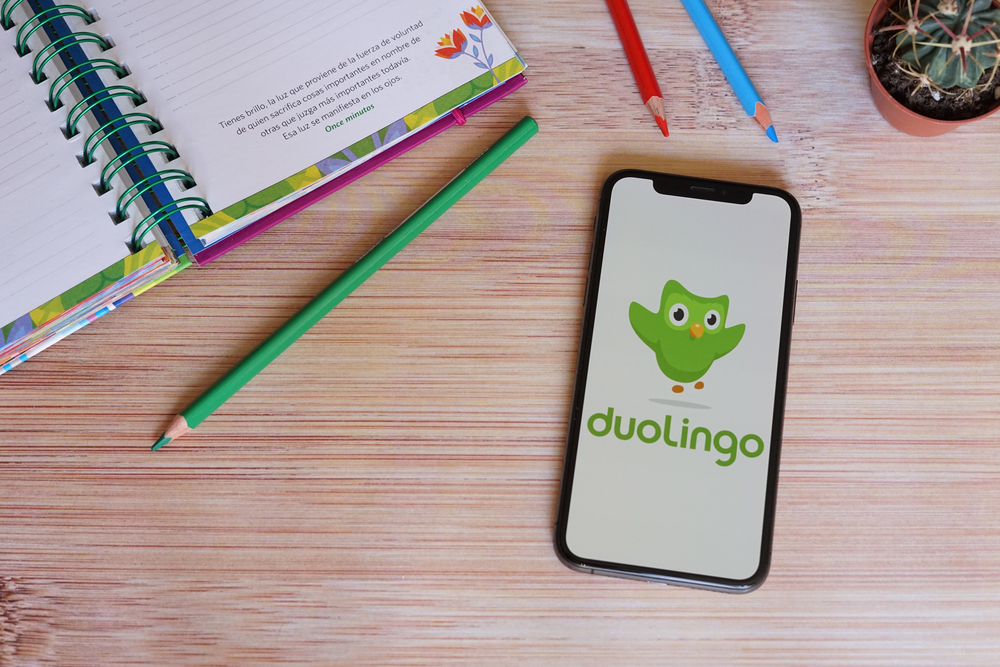Do you know the benefits of learning a new language as an adult? According to the Eton Institute’s surveys, these are the main benefits that any second (third or fourth) language learners can expect:
- A boost in brainpower
- Improvement in memory
- More ability to multi-task
- Sharpening of the mind
- Sharpening of the mind for longer
- Improvement of the first language
- Improved performance in other academic endeavours
- Better networking skills
- Increased career choices
As you can see, the list is nothing but short.
There is so much to be gained from learning a second language, regardless of what age you are when you begin.
So, where do you begin?
Outside of a university or college education or course, there are lots of different ways in which you can learn a new language. And lots of them are fun.
If you want to reap some of these impressive benefits gained from learning a second language, here are some of the easiest ways to get started.
Pick your language

When it comes to learning a second language, it’s important to think thoroughly about which language you are going to learn before you dive in. Chopping and changing will only make things more difficult and you might find yourself giving up quicker.
It’s also important to remember that different languages have different levels of difficulty. Tonal languages such as Mandarin will be very difficult to learn in adulthood, as will languages with multiple alphabets for writing and spelling, such as Russian. Other top tier difficulty languages include Japanese and Arabic. It doesn’t mean that you cannot learn these languages, but be aware that it will be harder and will take longer.
Languages that will be easier to learn will be those closest to your first language. For example, if you speak English, Dutch or German will be easier to learn in terms of grammar. Norwegian and Swedish are also known as easy to learn languages for English speakers.
If you are going to learn a new language and want to forego any official education or tutor, these easier languages can be a great place to start.
Immerse yourself in the language

When you do decide what language you are going to learn, one of the first things to do is really immerse yourself in it.
If it’s Swedish you are going for, then try putting on the Swedish radio for a while each day, watch Swedish news with subtitles, and watch a film in Swedish. The more that your ear gets accustomed to language, the easier it will be to begin to speak said language yourself.
Load up on apps

Whatever language learning app you go for doesn’t matter too much, what matters is that you stick to your daily practice. Set up push notifications for your language learning app and try and keep your habit streak as much as possible. When it comes to learning a language, it is repetition and consistency that will be the key to your success.
It isn’t always easy, but what matters is that you don’t give up.
It is something that is so worth it in the end.

